- About
- Mission Statement
Education. Evidence. Regrowth.
- Education.
Prioritize knowledge. Make better choices.
- Evidence.
Sort good studies from the bad.
- Regrowth.
Get bigger hair gains.
Team MembersPhD's, resarchers, & consumer advocates.
- Rob English
Founder, researcher, & consumer advocate
- Research Team
Our team of PhD’s, researchers, & more
Editorial PolicyDiscover how we conduct our research.
ContactHave questions? Contact us.
Before-Afters- Transformation Photos
Our library of before-after photos.
- — Jenna, 31, U.S.A.
I have attached my before and afters of my progress since joining this group...
- — Tom, 30, U.K.
I’m convinced I’ve recovered to probably the hairline I had 3 years ago. Super stoked…
- — Rabih, 30’s, U.S.A.
My friends actually told me, “Your hairline improved. Your hair looks thicker...
- — RDB, 35, New York, U.S.A.
I also feel my hair has a different texture to it now…
- — Aayush, 20’s, Boston, MA
Firstly thank you for your work in this field. I am immensely grateful that...
- — Ben M., U.S.A
I just wanted to thank you for all your research, for introducing me to this method...
- — Raul, 50, Spain
To be honest I am having fun with all this and I still don’t know how much...
- — Lisa, 52, U.S.
I see a massive amount of regrowth that is all less than about 8 cm long...
Client Testimonials150+ member experiences.
 Scroll DownPopular Treatments
Scroll DownPopular Treatments- Treatments
Popular treatments. But do they work?
- Finasteride
- Oral
- Topical
- Dutasteride
- Oral
- Topical
- Mesotherapy
- Minoxidil
- Oral
- Topical
- Ketoconazole
- Shampoo
- Topical
- Low-Level Laser Therapy
- Therapy
- Microneedling
- Therapy
- Platelet-Rich Plasma Therapy (PRP)
- Therapy
- Scalp Massages
- Therapy
More
IngredientsTop-selling ingredients, quantified.
- Saw Palmetto
- Redensyl
- Melatonin
- Caffeine
- Biotin
- Rosemary Oil
- Lilac Stem Cells
- Hydrolyzed Wheat Protein
- Sodium Lauryl Sulfate
More
ProductsThe truth about hair loss "best sellers".
- Minoxidil Tablets
Xyon Health
- Finasteride
Strut Health
- Hair Growth Supplements
Happy Head
- REVITA Tablets for Hair Growth Support
DS Laboratories
- FoliGROWTH Ultimate Hair Neutraceutical
Advanced Trichology
- Enhance Hair Density Serum
Fully Vital
- Topical Finasteride and Minoxidil
Xyon Health
- HairOmega Foaming Hair Growth Serum
DrFormulas
- Bio-Cleansing Shampoo
Revivogen MD
more
Key MetricsStandardized rubrics to evaluate all treatments.
- Evidence Quality
Is this treatment well studied?
- Regrowth Potential
How much regrowth can you expect?
- Long-Term Viability
Is this treatment safe & sustainable?
Free Research- Free Resources
Apps, tools, guides, freebies, & more.
- Topical Finasteride Calculator
- Interactive Guide: What Causes Hair Loss?
- Free Guide: Standardized Scalp Massages
- 7-Day Hair Loss Email Course
- Ingredients Database
- Interactive Guide: Hair Loss Disorders
- Treatment Guides
- Product Lab Tests: Purity & Potency
- Evidence Quality Masterclass
More
Articles100+ free articles.
-
Cannabidiol (CBD) Increases Hair Counts By 246%? Not So Fast.
-
Creatine: Does It Worsen Hair Loss? It Depends On The Hair Loss Type.
-
Can Progesterone Improve Hair Regrowth?
-
CRABP2: Can This Gene Predict Regrowth From Retinoids?
-
BTD: Can This Gene Predict Regrowth From Biotin?
-
COL1A1: Can This Gene Predict Regrowth From Collagen Support?
-
2dDR For Hair Loss: What Do We Know So Far About This Sugar?
-
CYP19A1: Can This Gene Predict Regrowth From Hormone Therapy?
PublicationsOur team’s peer-reviewed studies.
- Microneedling and Its Use in Hair Loss Disorders: A Systematic Review
- Use of Botulinum Toxin for Androgenic Alopecia: A Systematic Review
- Conflicting Reports Regarding the Histopathological Features of Androgenic Alopecia
- Self-Assessments of Standardized Scalp Massages for Androgenic Alopecia: Survey Results
- A Hypothetical Pathogenesis Model For Androgenic Alopecia:Clarifying The Dihydrotestosterone Paradox And Rate-Limiting Recovery Factors
Menu- AboutAbout
- Mission Statement
Education. Evidence. Regrowth.
- Team Members
PhD's, resarchers, & consumer advocates.
- Editorial Policy
Discover how we conduct our research.
- Contact
Have questions? Contact us.
- Before-Afters
ArticlesSelenium & Hair Loss: How This Mineral Hurts (And Helps) Our Hair
First Published Jul 23 2020Last Updated Oct 29 2024IngredientsNatural Remedies Researched & Written By:Perfect Hair Health Team
Researched & Written By:Perfect Hair Health Team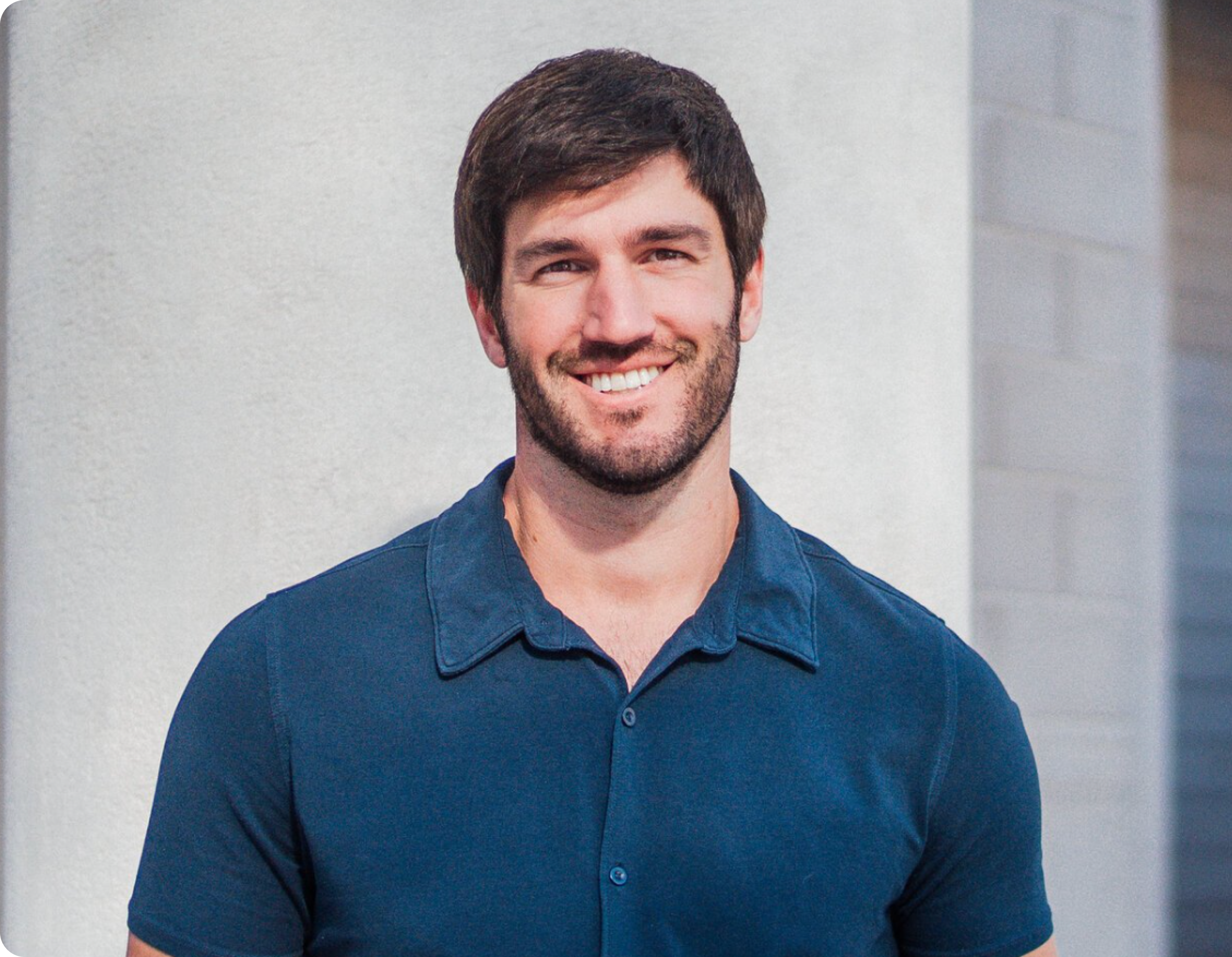 Reviewed By:Rob English, Medical Editor
Reviewed By:Rob English, Medical Editor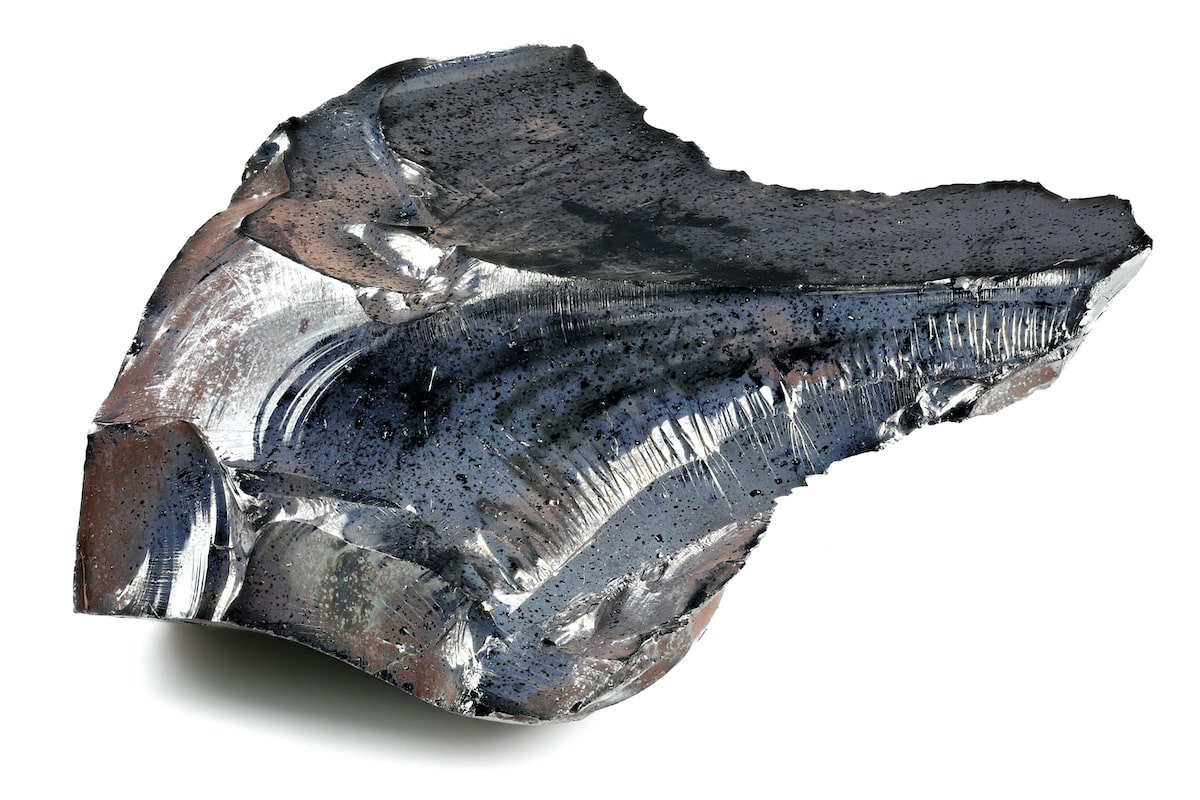
Want help with your hair regrowth journey?
Get personalized support, product recommendations, video calls, and more from our researchers, trichologists, and PhD's dedicated to getting you the best possible outcomes.
Learn MoreArticle Summary
Only 15% of people worldwide are at risk of a selenium deficiency – most of whom are in rural pockets of China, Tibet, and Siberia. Moreover, only a fraction of that 15% will have a selenium deficiency severe enough to cause hair loss. Ironically, selenium is one of the most popular ingredients inside hair health supplements. What most people don’t realize? A selenium toxicity (which is much more common in the developed world, due to supplementation) can also cause hair thinning. We’ve got the case studies to prove it. Read on to learn how to manage your selenium intake with diet, and in doing so, better manage your hair health.
Full Article
Selenium is a trace mineral included in many hair health supplements. Why? According to supplement makers, selenium helps support the thyroid. And since poor thyroid health is linked to hair loss, selenium may help you “cover your bases” – all to keep your thyroid humming and your hair growing.
But is this really true? Does selenium play a critical role in thyroid function? Does supplementing with selenium help protect you against hair loss? And do the benefits of selenium supplementation outweigh the risks?
The answers (and the evidence) might surprise you.
The long-story short: in the developed world, the overwhelming majority of people get more than enough selenium to avoid hair loss from a selenium deficiency. And ironically, for those who can afford supplements, selenium supplements are probably more likely to encourage hair loss than it is to encourage hair growth.
More on this below.
What is selenium?
Selenium is an essential trace mineral. It’s found in foods like brazil nuts, tuna, poultry, beef, and eggs.
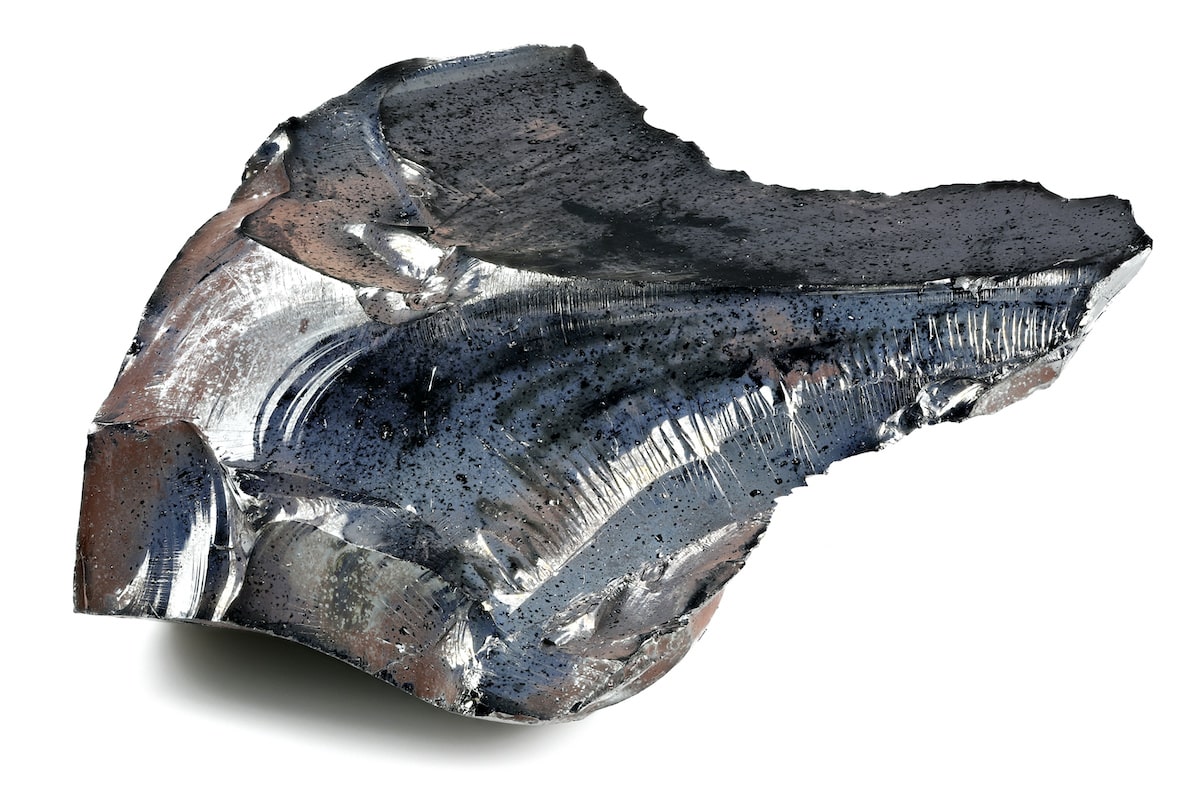
Among selenium’s most important functions? It helps to produce glutathione – the body’s master antioxidant – and it helps support the production of thyroid hormone.
Is there evidence that selenium is involved in hair health?
According to research, yes. It all starts by understanding how selenium helps support our thyroid, and how our thyroid helps support healthy hair growth.
How does selenium support the thyroid?
- Selenium supports glutathione production, which helps support thyroid health. Glutathione is a major antioxidant; it helps to neutralize free radicals (molecules that damage and degrade the function of cells). Inside thyroid, glutathione helps to prevent free radical levels from becoming too high (which would thereby damage thyroid cells, potentiating thyroid autoimmunity and a decrease in thyroid function). So, glutathione plays a critical role in supporting our thyroids. And since selenium is a cofactor in the production of glutathione (meaning our bodies use selenium to make glutathione), then selenium is, by association, a critical element for thyroid-related health.
- Low levels of selenium may impair the production of thyroid hormones. Selenium plays a role in the function of enzymes that convert inactive thyroid hormone, called T4, into the active thyroid hormone, T3. If these enzymes lose their function, thyroid hormone production suffers, increasing the risk of hypothyroidism.
So, overall, the evidence points to selenium as an essential mineral for thyroid health.
How does the thyroid support hair growth?
- Thyroid hormones help maintain hair growth. When thyroid levels are too low, this can impair the ability of our hair follicles to sustain hair growth. Not surprisingly, hypothyroidism has been connected to a type of diffusing shedding called telogen effluvium (the kind of shedding you get from nutrient deficiencies, febrile infections, and/or childbirth). There’s also some research suggesting it may be involved in female androgenic alopecia (AGA), or female pattern hair loss.
- Thyroid hormones might reduce scarring in the skin, according to animal studies. If you’ve done any research on androgenic alopecia (AGA), you’ll know that hair follicle miniaturization is often accompanied by scar tissue surrounding each follicle, also known as perifollicular fibrosis. Considering thyroid hormones may help reduce the onset of fibrosis, then maintaining a healthy thyroid may also reduce the speed at which perifollicular fibrosis takes place.
In other words, selenium supports the thyroid, and our thyroids support healthy hair growth. So, when it comes to maintaining hair growth and a normal hair cycle, selenium appears to be a critical trace element.
Should we take a selenium supplement to support our hair?
Not necessarily… And this is where the selenium-hair health connection becomes a bit more nuanced. In fact, supplementing with selenium may be more detrimental than helpful to your hair.
To understand why, we need to explain:
- The evidence on selenium deficiencies and hair loss – is it strong or weak?
- The prevalence of selenium deficiencies, and how severe they need to be in order to cause hair loss
- The dangers of excess selenium – or how much selenium is too much selenium (hint: it’s less than you may think)
- How much selenium you’re getting in hair loss supplements, and why this is a problem
Selenium deficiency and hair loss: the evidence (on mice and men)
Given selenium’s popularity in hair supplements, you may be inclined to think there’s a lot of evidence supporting a selenium deficiency-hair loss connection.
There isn’t.
In all of our searching, we’ve only come across one animal study and one human case study linking a selenium deficiency to scalp hair loss. Here’s a quick overview of the findings:
- The animal study: Rats fed a selenium-deficient diet exhibited sparse hair growth.
- The human case study: An 18-month-old boy with sparse, thin, short, and light-colored hair was found to have a severe selenium deficiency – with blood levels of less than 2.0 micrograms/dL (the normal range is 10.6-17.4 micrograms/dL). After supplementing with selenium, his hair loss improved.
That’s it.
So, while selenium deficiencies can technically lead to hair loss, this cause of hair loss is incredibly rare. In essence, you’d most likely need to be actively trying to avoid selenium (like in that rat study), and for a long period, before hair loss from a selenium deficiency begins to occur.
Which begs the question…
Are selenium deficiencies a concern for the majority of those with hair loss?
Probably not. Here’s why:
- In the developed world, selenium deficiency is extremely uncommon. In fact, selenium deficiencies really only occur in places where the soil is depleted of its selenium content – thereby reducing selenium levels in the local fruits and vegetables. This only affects about 15% of people worldwide – and mainly in rural places of China, Tibet, and Siberia.
- Even for those who are selenium deficient, selenium deficiency alone is often not sufficient to induce hypothyroidism, and thereby hypothyroid-related hair loss. We see evidence of this in individuals who are deficient in selenium, but whose T3 levels (which correspond to thyroid health) remain normal – even despite low selenium status. In all likelihood, hair loss as a result of selenium deficiency is related to thyroid dysfunction. So, the fact that severe selenium deficiencies (by themselves) don’t really reduce T3 levels suggests that those who present with both selenium deficiency and hair loss probably have other underlying factors contributing to their thinning hair.
- Evidence for the benefits for selenium, in the context of thyroid function, has only been observed in pregnant and postpartum women with autoimmune hypothyroidism. In this group of women, studies show 200mcg of selenomethionine (i.e., a form of selenium) reduces the risk of postpartum thyroid dysfunction. These benefits likely do not translate to non-pregnant, non-postpartum women with positive thyroid antibodies (i.e., an autoimmune thyroid disorder). The reasoning for this? Pregnancy and postpartum increase the demand for thyroid hormone. Therefore, the thyroid needs additional support that isn’t necessary outside of these cases. Thus, the limited evidence of selenium’s benefits likely won’t translate to all women at risk of autoimmune thyroid dysfunction.
Taken together, we can see that most individuals with hair loss are unlikely to benefit from selenium supplementation – especially at the levels included in common hair loss supplements (which are often 200-400% the recommended daily intake).
In fact, supplementing with selenium might be counterproductive to regrowing hair.
This is especially true in cases where you don’t have a deficiency… which happens to be the overwhelming number of people in the developed world. And in these cases, selenium supplementation might actually pose a danger to your health.
The dangers of selenium supplementation
#1: A selenium toxicity is more likely to cause hair loss than a selenium deficiency is to cause hair loss
In contrast to the two reports linking a selenium deficiency to hair loss, there’s much more data linking too much selenium intake – or a selenium toxicity – to hair loss in humans.
But isn’t a selenium toxicity hard to achieve?
Not at all! People can easily develop a selenium toxicity, and through a few ways:
- A region’s soil contains too much selenium, which leaches into the crops consumed by people. This scenario is less common in the developed world, and more common in pockets of India and China.
- Someone supplements with too much selenium. This can occur in two situations. First, when a supplement is improperly formulated and contains mega-doses of selenium. This has occurred multiple times in the past 15 years (see these studies here and here). And second, when someone with already-sufficient selenium levels starts taking a supplement that also contains selenium. (More on this later.)
- Someone eats their way to a selenium toxicity. This isn’t very common, but with the explosive popularity of brazil nuts (which are very high in selenium), there are now cases of people accidentally eating their way to a selenium toxicity.
#2: Selenium supplements (like all supplements) aren’t well-regulated.
The supplement industry is highly unregulated. In fact, third-party lab tests requested by our team have shown that some of the most popular hair loss supplements don’t actually contain the nutrient content indicated on their labels… or they contain two- to three-fold more than listed. (For an example, see Nutrafol and its vitamin A and selenium content.)
What this means? When you’re buying a supplement, it might have a lot more selenium that what’s listed on the label. This has happened dozens of times in recent history… to the point where people taking these supplements have developed selenium toxicities (and, consequently, hair loss).
- This study found that most selenium supplement labels understate the amount of selenium inside each pill.
- In this study, people taking a popular nutritional supplement began to develop fingernail coloration changes, lethargy, and hair loss (among other issues). After health officials received a number of reports, they decided to test the supplement and found that it contained 200-300x more selenium than stated on the bottle (20,000-30,000 mcg per serving versus 200mcg).
- In this study, 72% of participants taking a selenium-containing supplement reported hair loss… only to later discover that the supplement was improperly labeled and that these individuals were inadvertently mega-dosing the trace element.
- This case series found one supplement contained selenium levels 200x the amount displayed on the label. Not surprisingly, many of the individuals taking this supplement experienced hair loss within just one week after taking the supplement.
Thus, even when you’re supplementing with what you believe to be a reasonable amount – you might actually be taking much more (or less) than you think. Consequently, you could be unknowingly putting your health at risk.
The only way to be sure of the nutrient content is to obtain a certificate of analysis (CoA) for the product you’re purchasing (which is often hard to get your hands on). But, even then, keep in mind that not all batches are reflected in CoAs, so there’s no guarantee that the batch a product came from is accurately reflected on the label.
#3: There are other dangerous side effects of selenium toxicity.
Hair loss is just one of the milder risks associated with selenium excess. In fact, selenium toxicity can be extremely dangerous, with risks including severe gastrointestinal and neurological symptoms, acute respiratory distress syndrome, heart attack, kidney failure, cardiac failure, and, in rare cases, death.
While these risks haven’t been observed at doses below 800mcg for less than 84 days, even the doses regularly included in hair loss supplements appear to come with risks. For instance, in one clinical trial, researchers found that supplementing with 200mcg of selenium (the very amount included in some hair loss supplements) increased the risk of high-grade prostate cancer by 91%.
Moreover, labels may not always accurately reflect the true selenium content of the product in question. This leads me to my next point…
The verdict on selenium and hair health? Maintain your selenium status with foods, not supplements
While selenium helps support glutathione production and the thyroid, there’s no need to be supplementing with high doses of selenium in an attempt to regrow your hair.
In fact, most people will have no trouble maintaining their selenium levels with a healthy balanced diet. And if you want to be more mindful of your selenium intake, here’s a quick overview of some common foods and their selenium content:
Foods, their selenium content, and their relation to the RDA for adults (55 mcg)
Food item and serving size Selenium content and daily value (%) Brazil nuts (one nut) 68-91mcg (123-165%) Tuna, cooked (3 oz) 92mcg (167%) Halibut, cooked (3 oz) 47mcg (85%) Sardines, cooked, bone-in (3 oz) 45mcg (82%) Ham, cooked (3 oz) 42mcg (76%) Beef steak, cooked (3 oz) 33mcg (60%) To be sure you’re getting enough, you can always track your total daily consumption in food with something like Cronometer or FitDay. However, due to the high selenium content in common foods, you’re probably getting more than enough from food alone.
Summary
When it comes to selenium and hair loss, selenium does play a role in supporting thyroid health. Having said that, selenium’s role in hair loss (and hair growth) is often overstated.
- Only 15% of people worldwide are at risk of a selenium deficiencies – most of whom live in the developing world. Moreover, only a small fraction of that 15% are in areas where selenium deficiencies are severe enough to cause hair loss (i.e., rural pockets of China, Tibet, and Siberia).
- Even in the rare cases where someone has both a selenium deficiency and hair loss, there are often other underlying problems and nutrient deficiencies also at play. So, we can’t say that even under these rare circumstances, the absence of selenium by itself is what causing the hair to thin.
In fact, evidence shows that both selenium deficiencies and selenium toxicities can encourage hair loss. And according to the data, people in the developed world at at a much higher risk of a selenium toxicity… and mainly through supplementation and/or dietary choices (like eating brazil nuts every day).
As such, when it comes to hair health, the risks of selenium supplementation often outweigh the benefits.
Further, a healthy and balanced diet filled with high-quality plant and animal foods can essentially guarantee selenium sufficiency for the overwhelming majority of the population. This only further emphasizes just how unnecessary selenium supplements really are for most people.
Taking the totality of this evidence into consideration, we’d recommend you save your money on selenium supplements and, instead, explore a targeted, evidence-based approach to treating your hair loss.
Questions? Comments? You can reach us any time in the comments section below.
Want help with your hair regrowth journey?
Get personalized support, product recommendations, video calls, and more from our researchers, trichologists, and PhD's dedicated to getting you the best possible outcomes.
Learn More
Perfect Hair Health Team
"... Can’t thank @Rob (PHH) and @sanderson17 enough for allowing me to understand a bit what was going on with me and why all these [things were] happening ... "
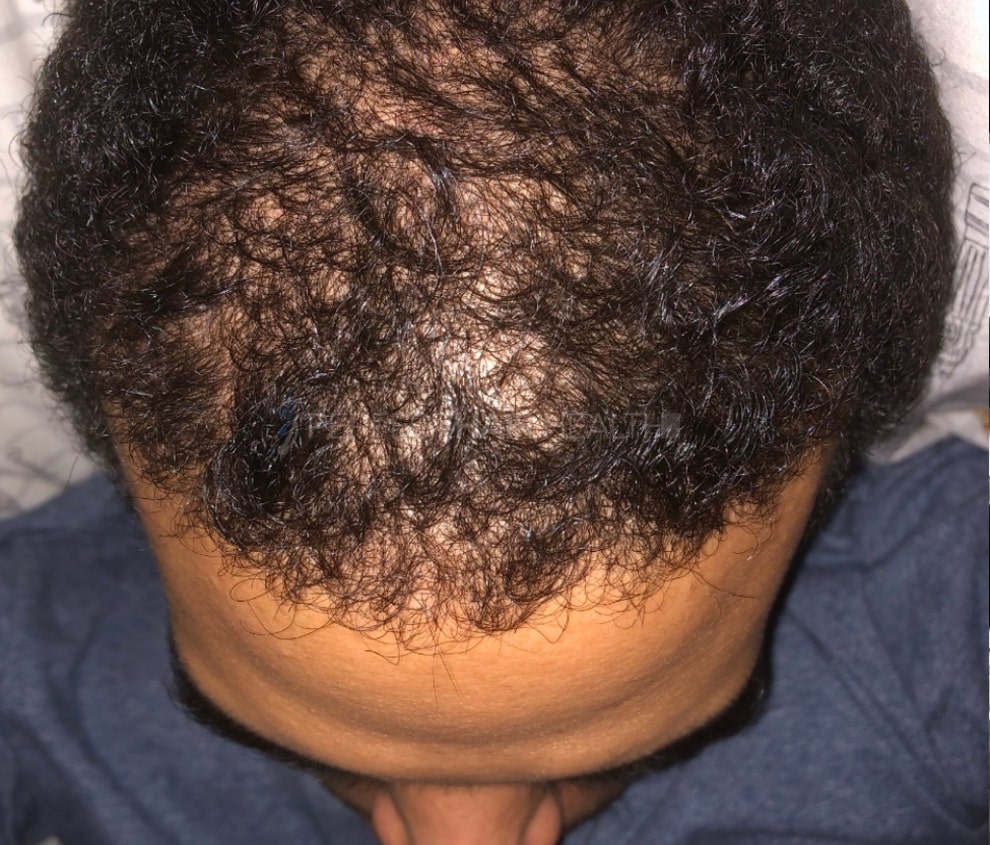
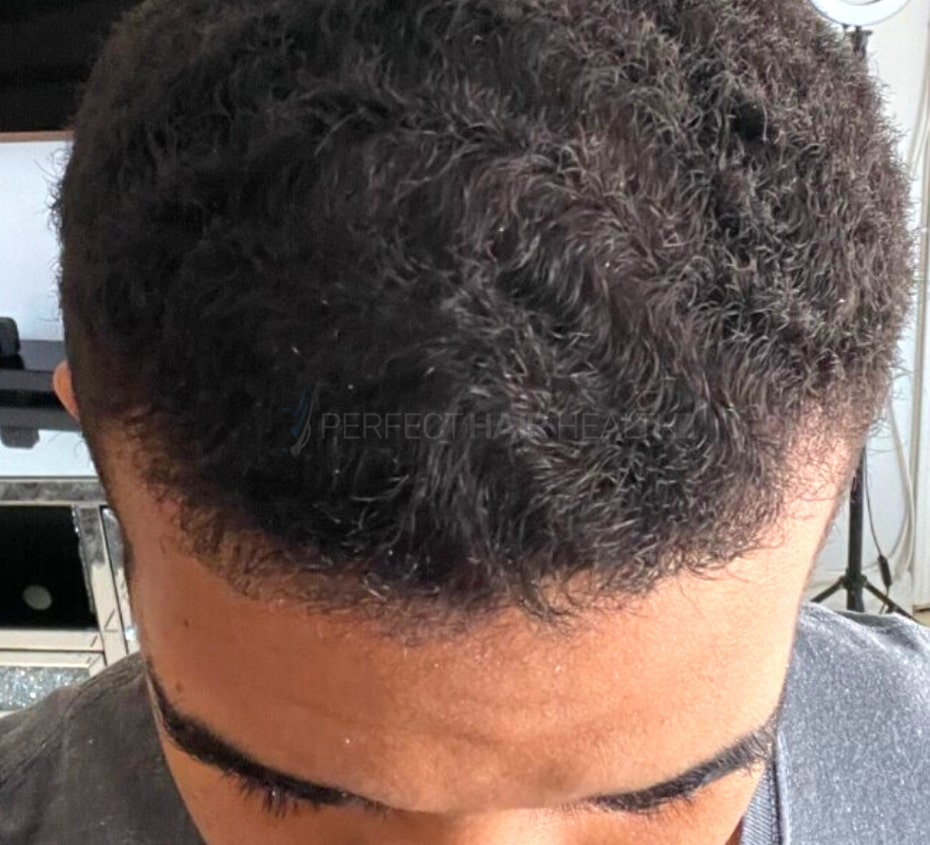 — RDB, 35, New York, U.S.A.
— RDB, 35, New York, U.S.A."... There is a lot improvement that I am seeing and my scalp feel alive nowadays... Thanks everyone. "
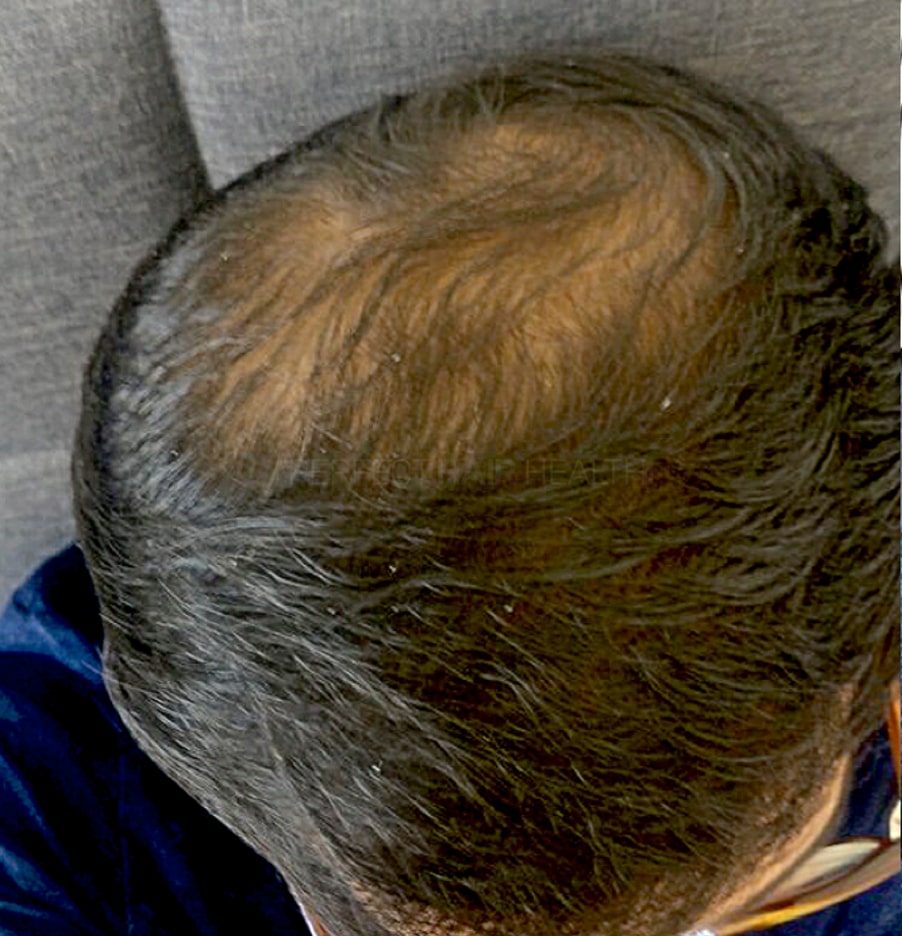
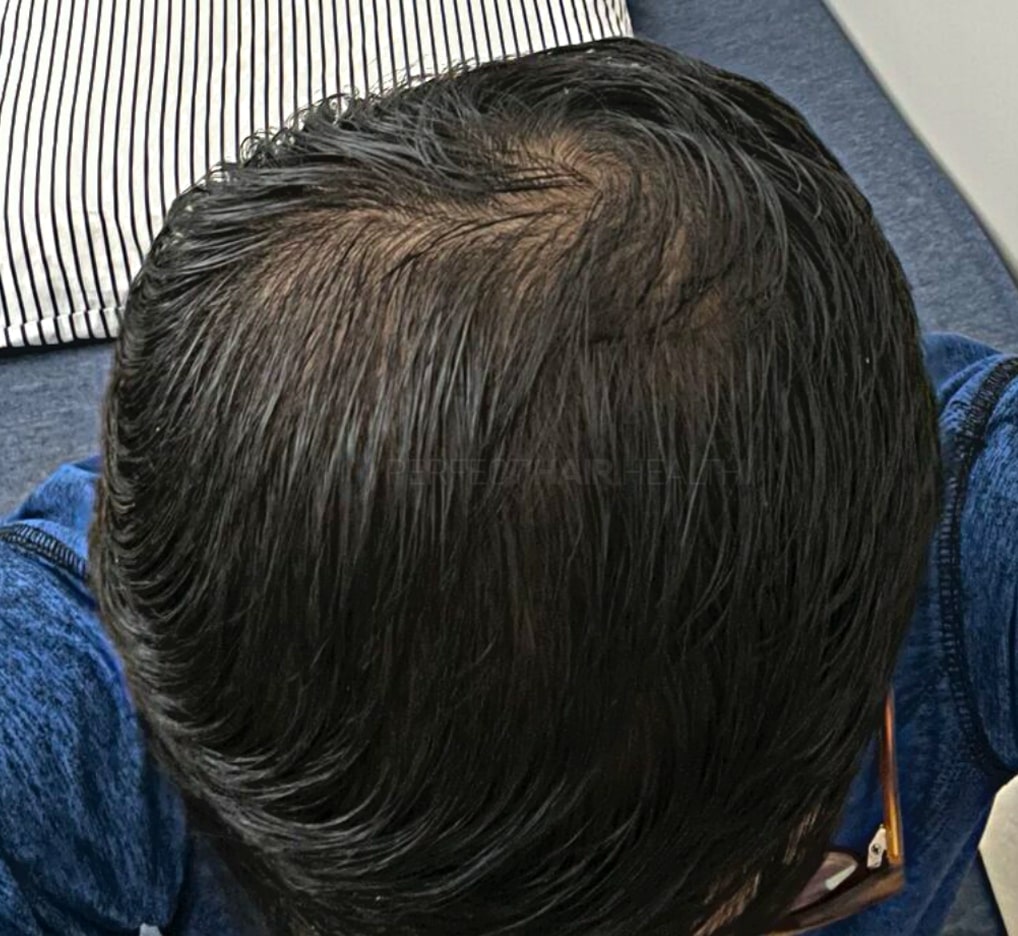 — Aayush, 20’s, Boston, MA
— Aayush, 20’s, Boston, MA"... I can say that my hair volume/thickness is about 30% more than it was when I first started."
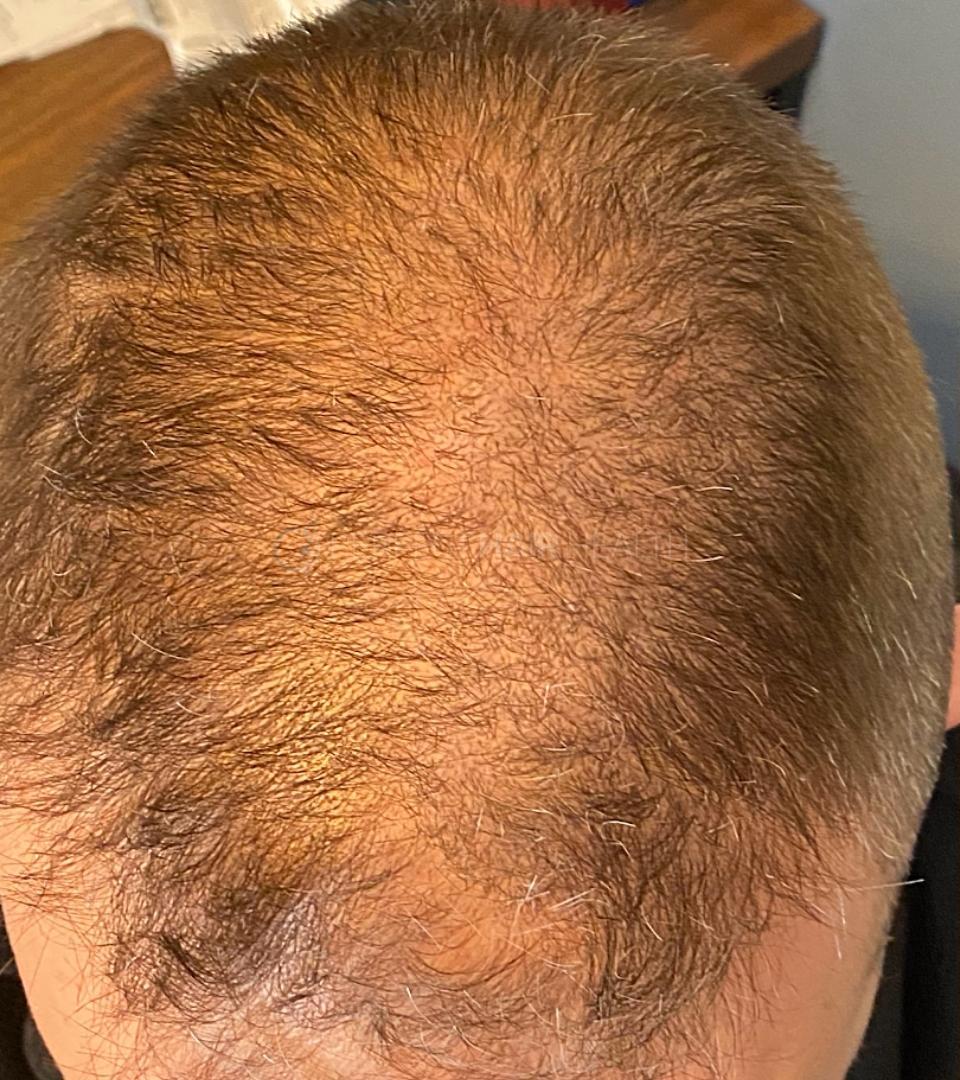
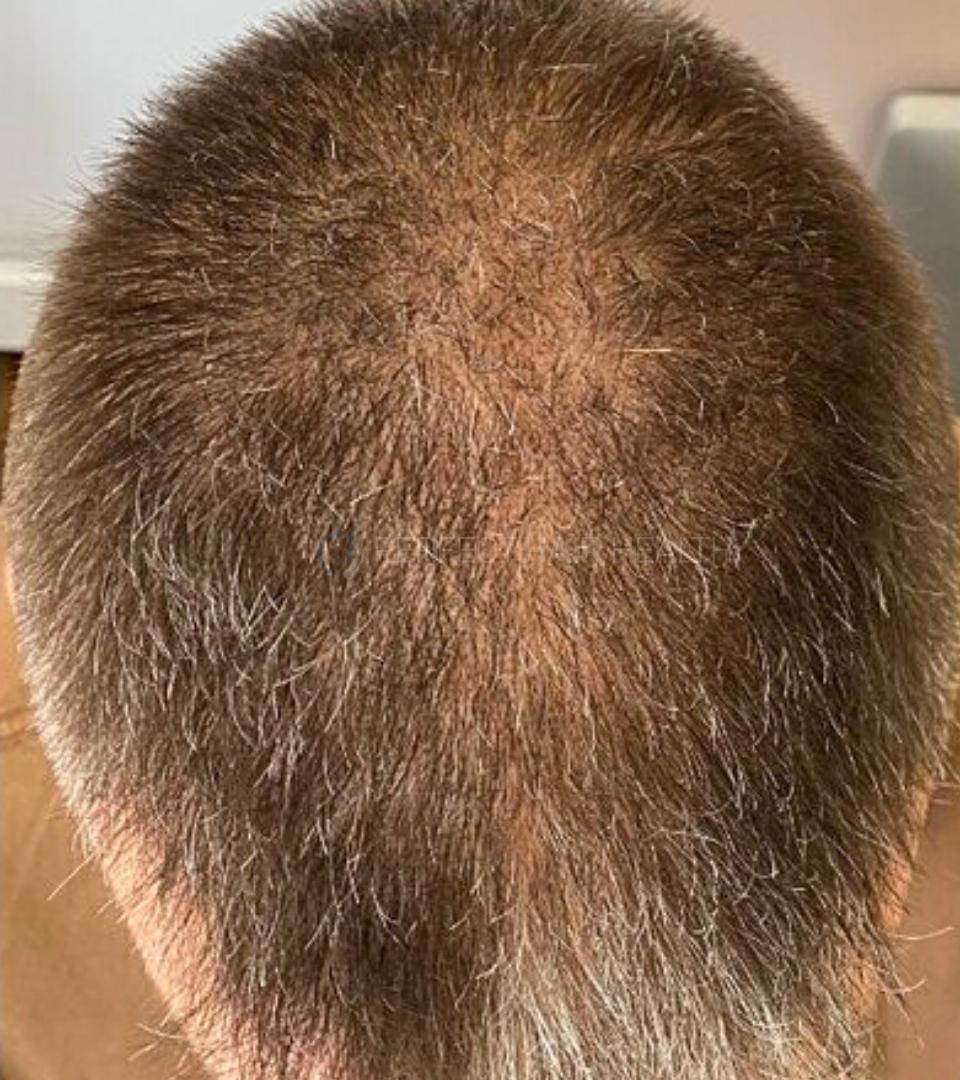 — Douglas, 50’s, Montréal, Canada
— Douglas, 50’s, Montréal, CanadaWant help with your hair regrowth journey?
Get personalized support, product recommendations, video calls, and more from our researchers, trichologists, and PhD's dedicated to getting you the best possible outcomes.
Join Now - Mission Statement